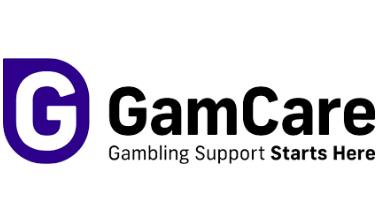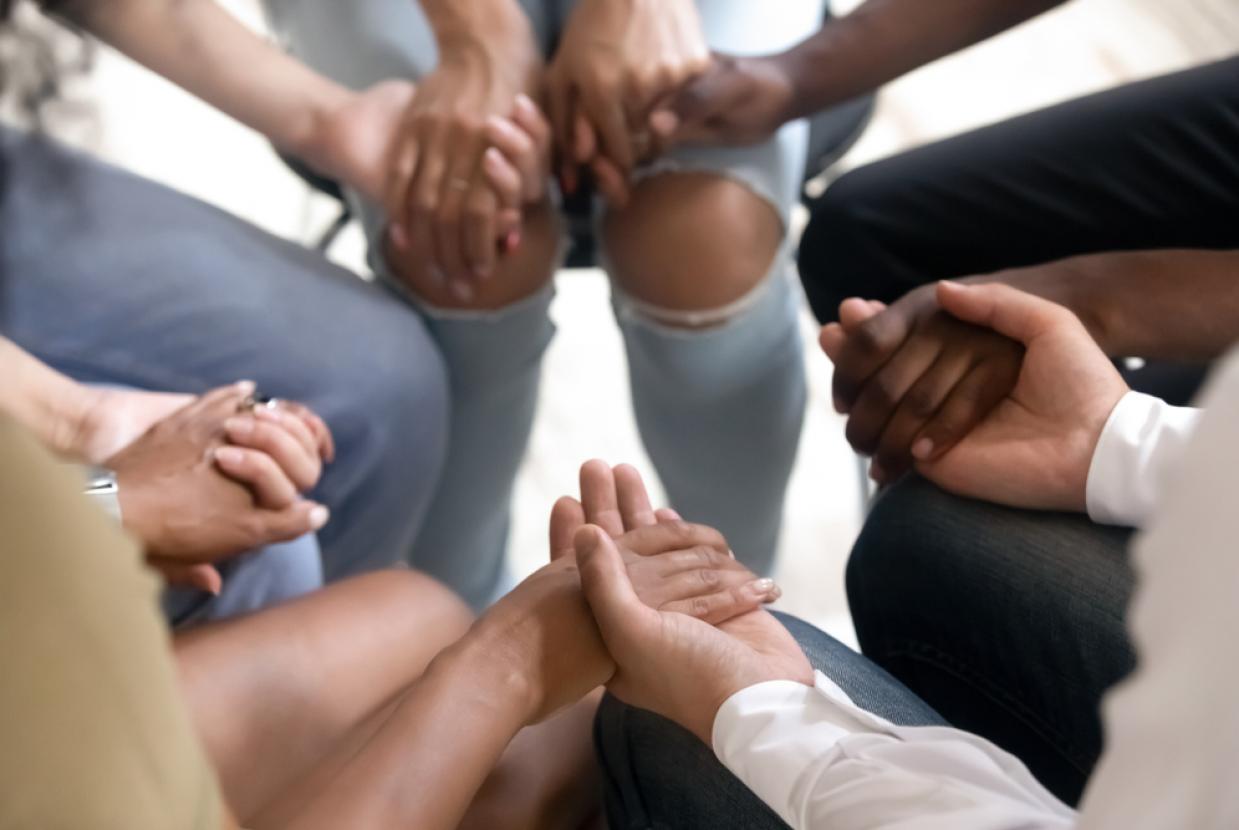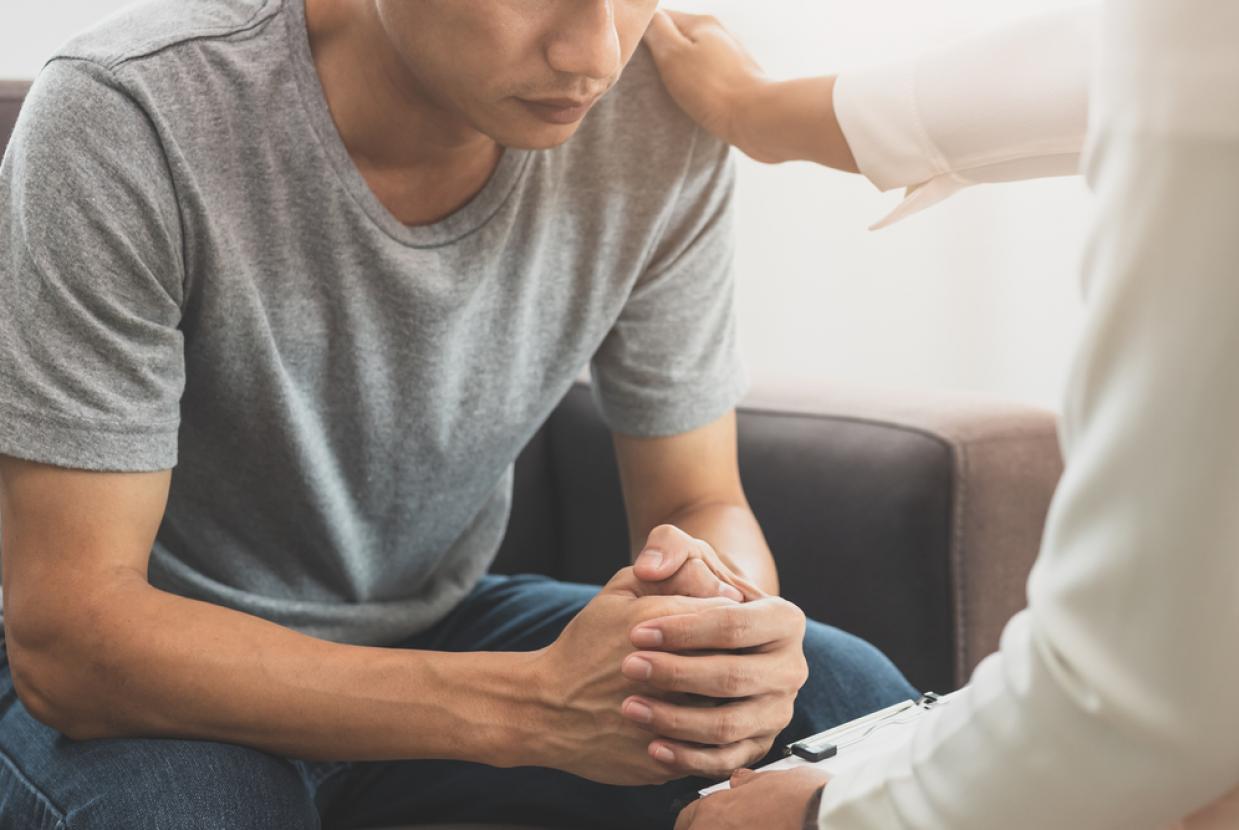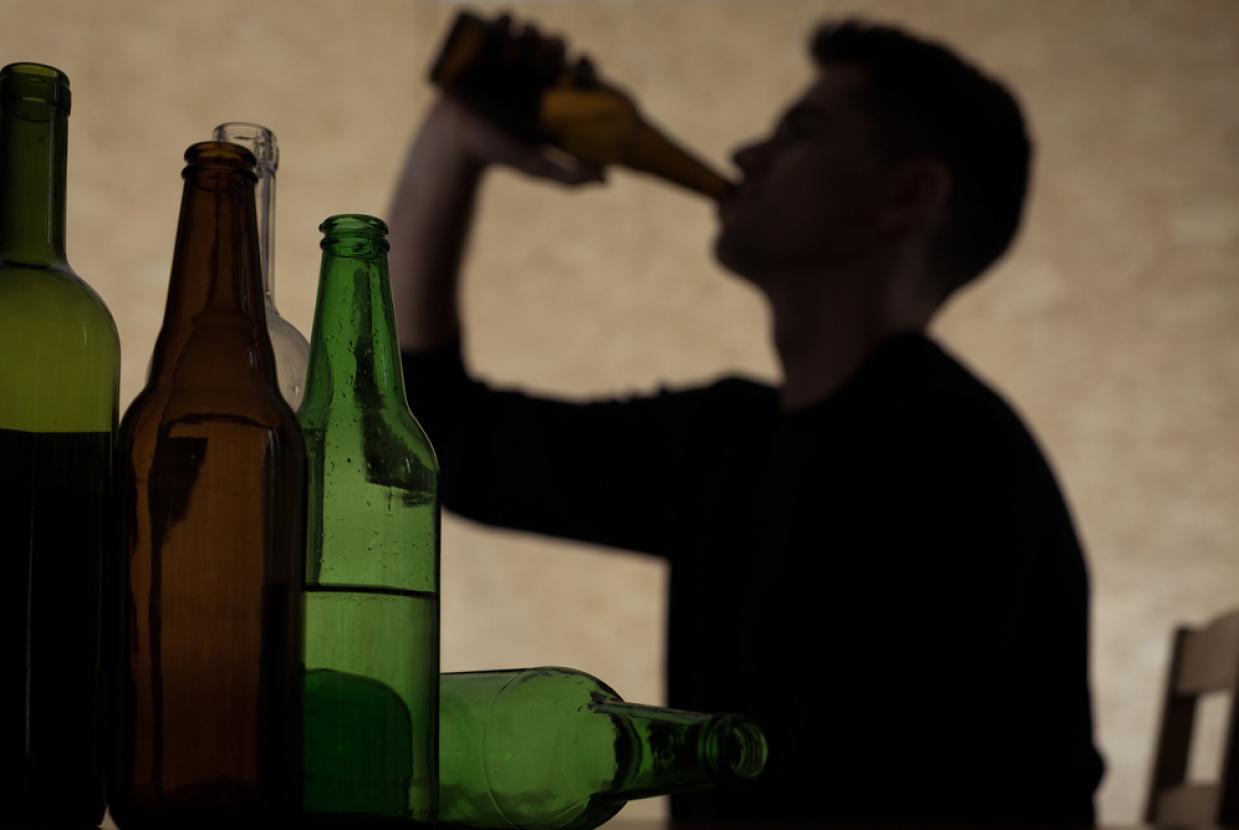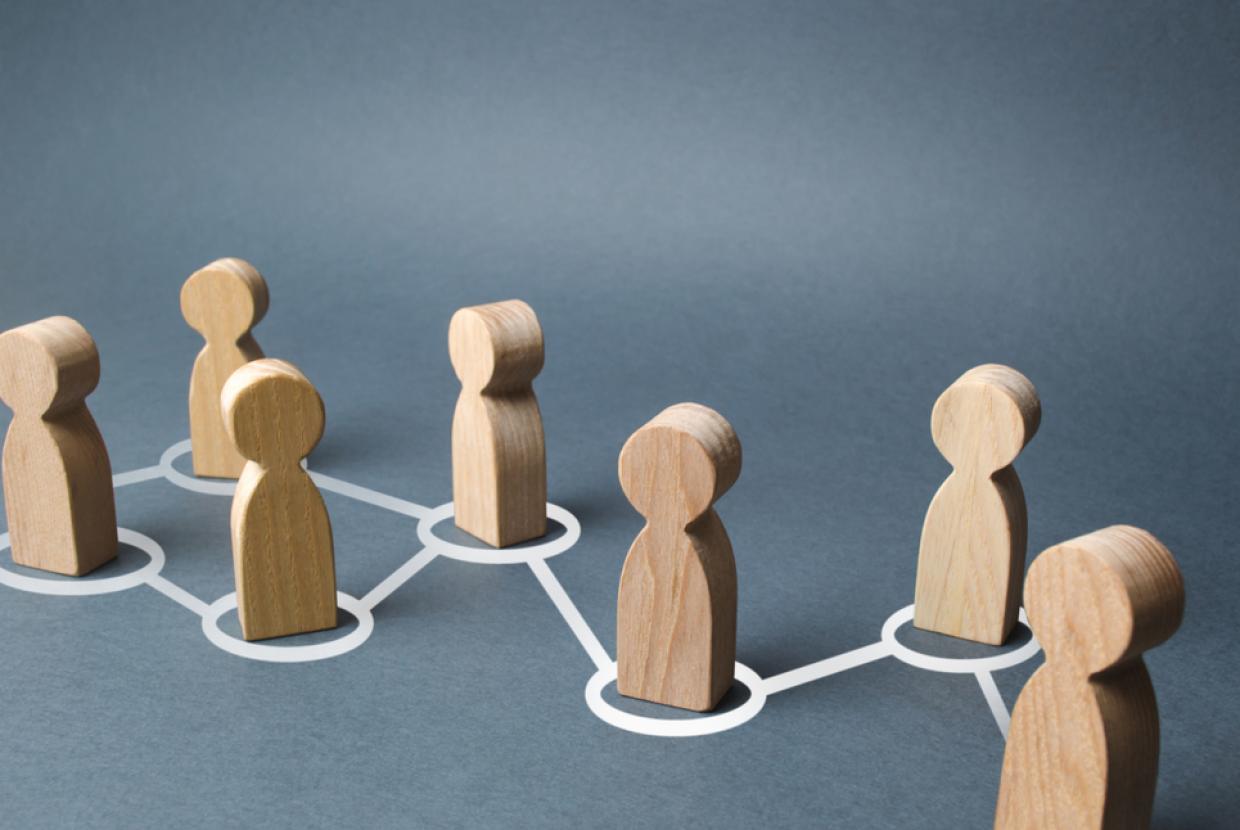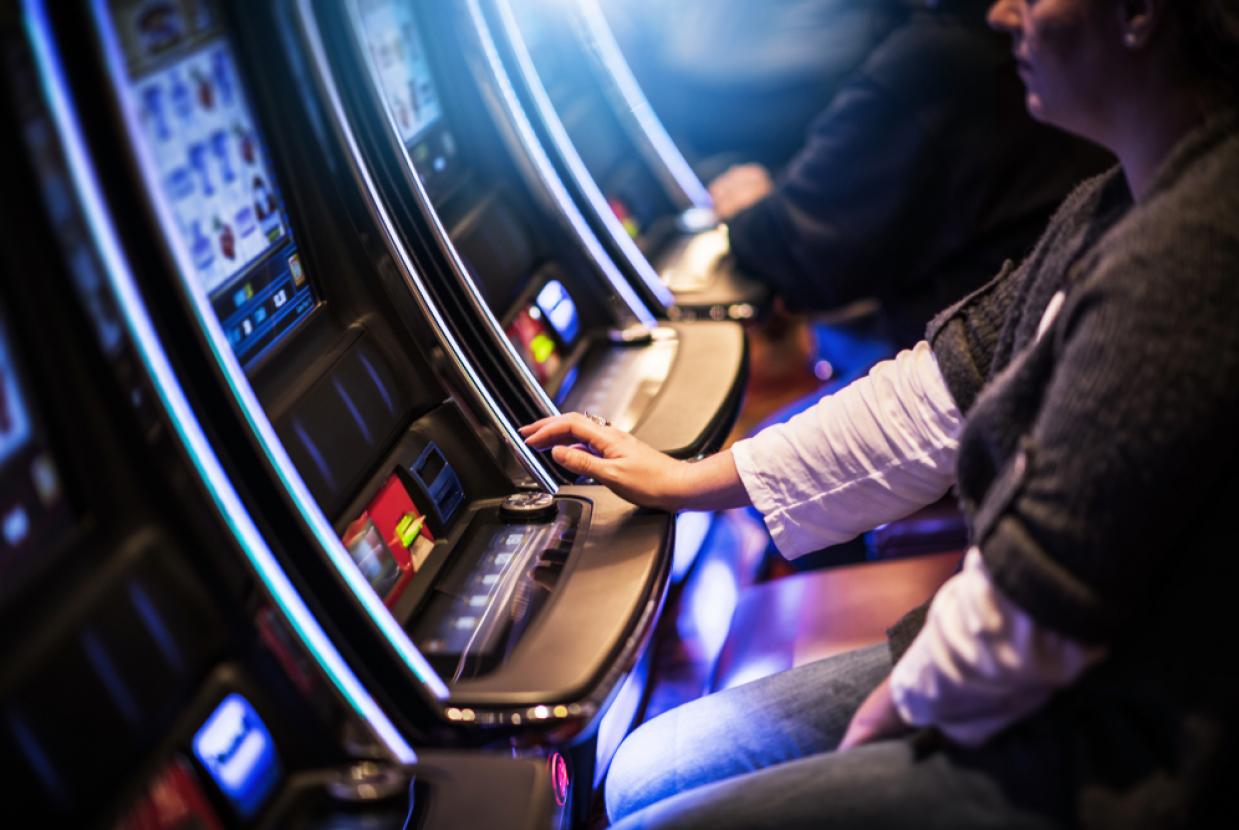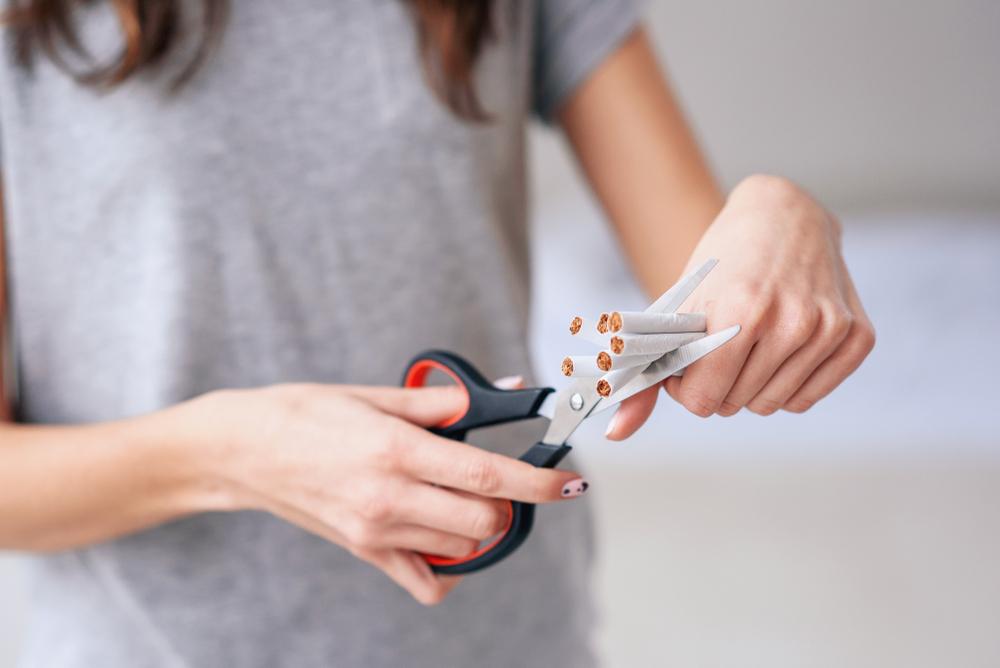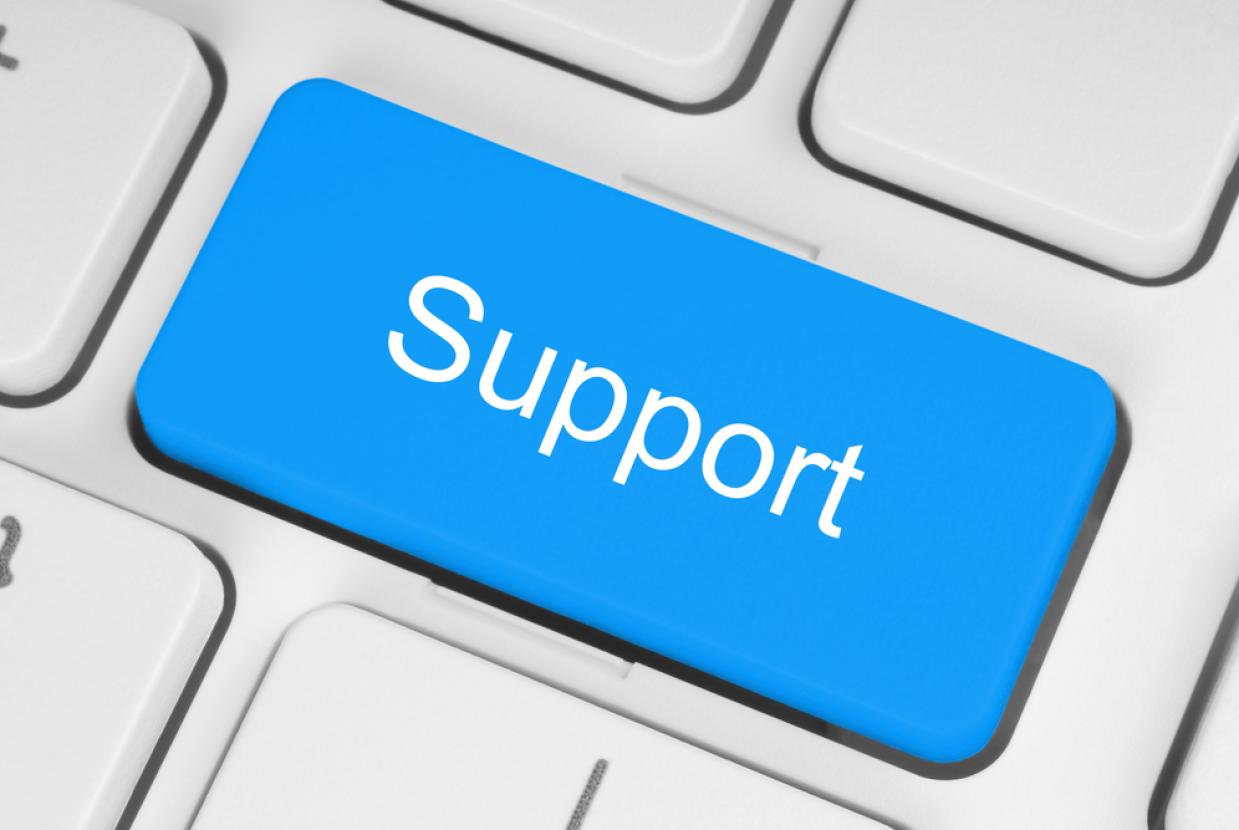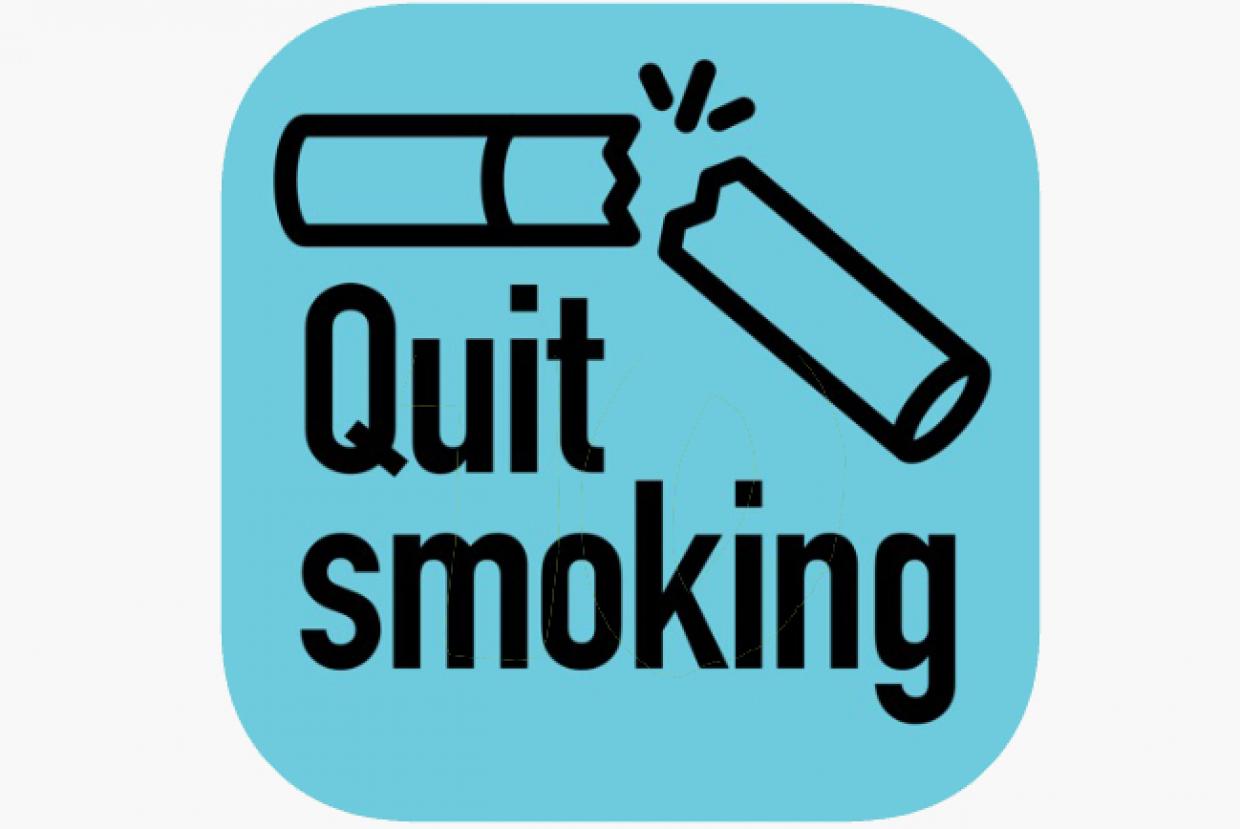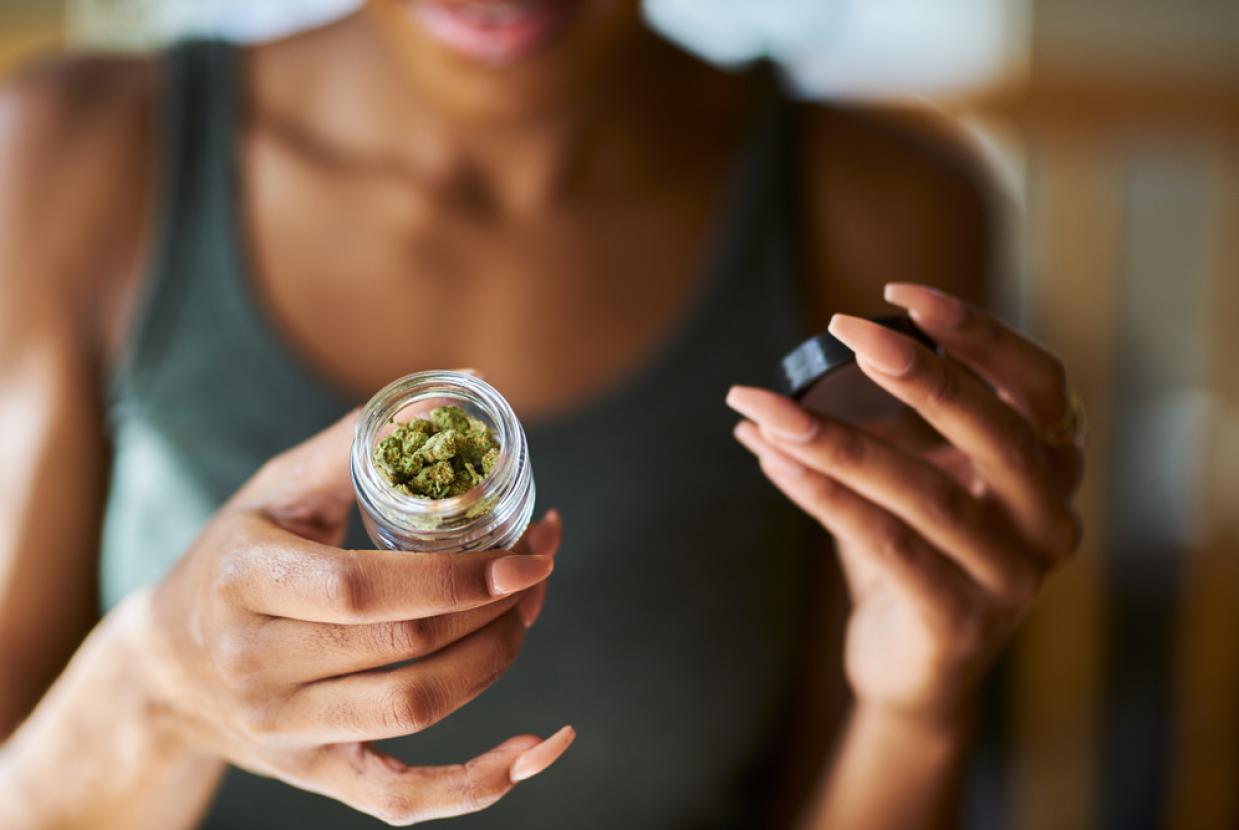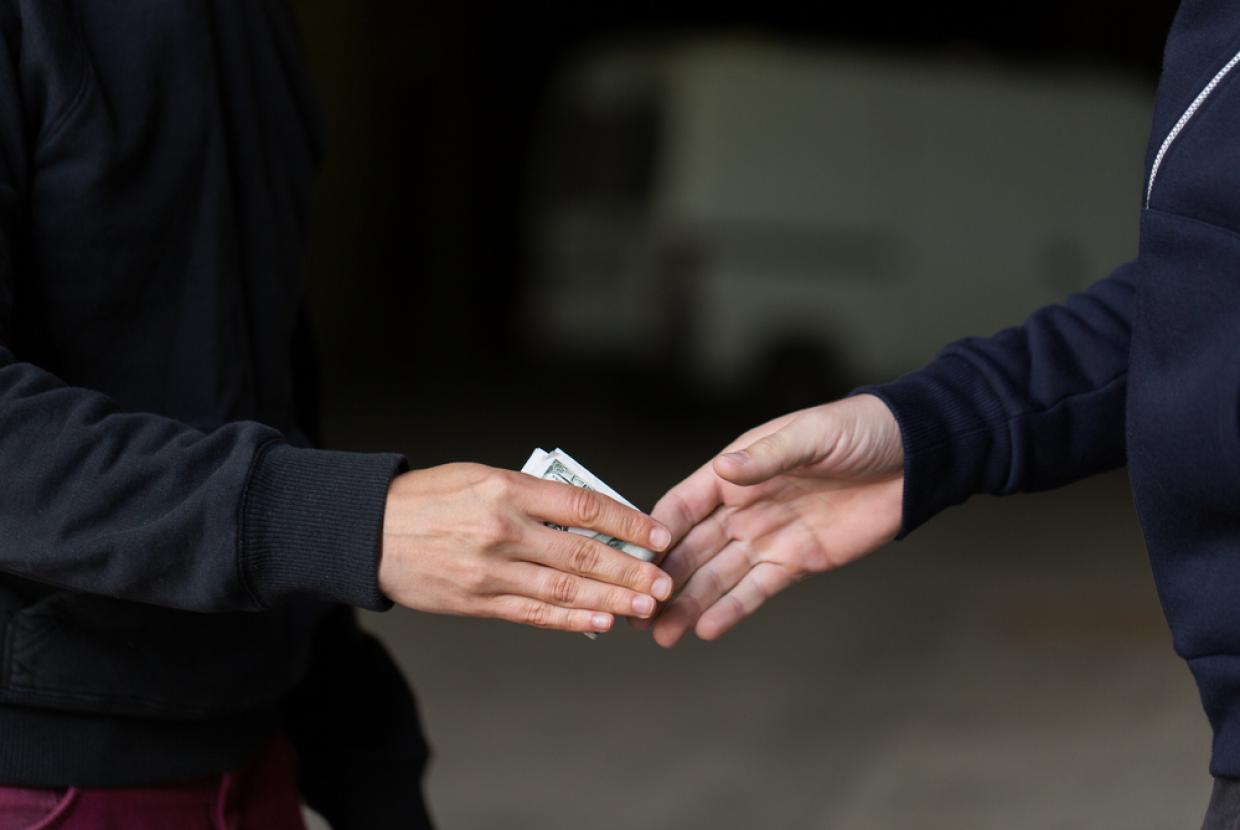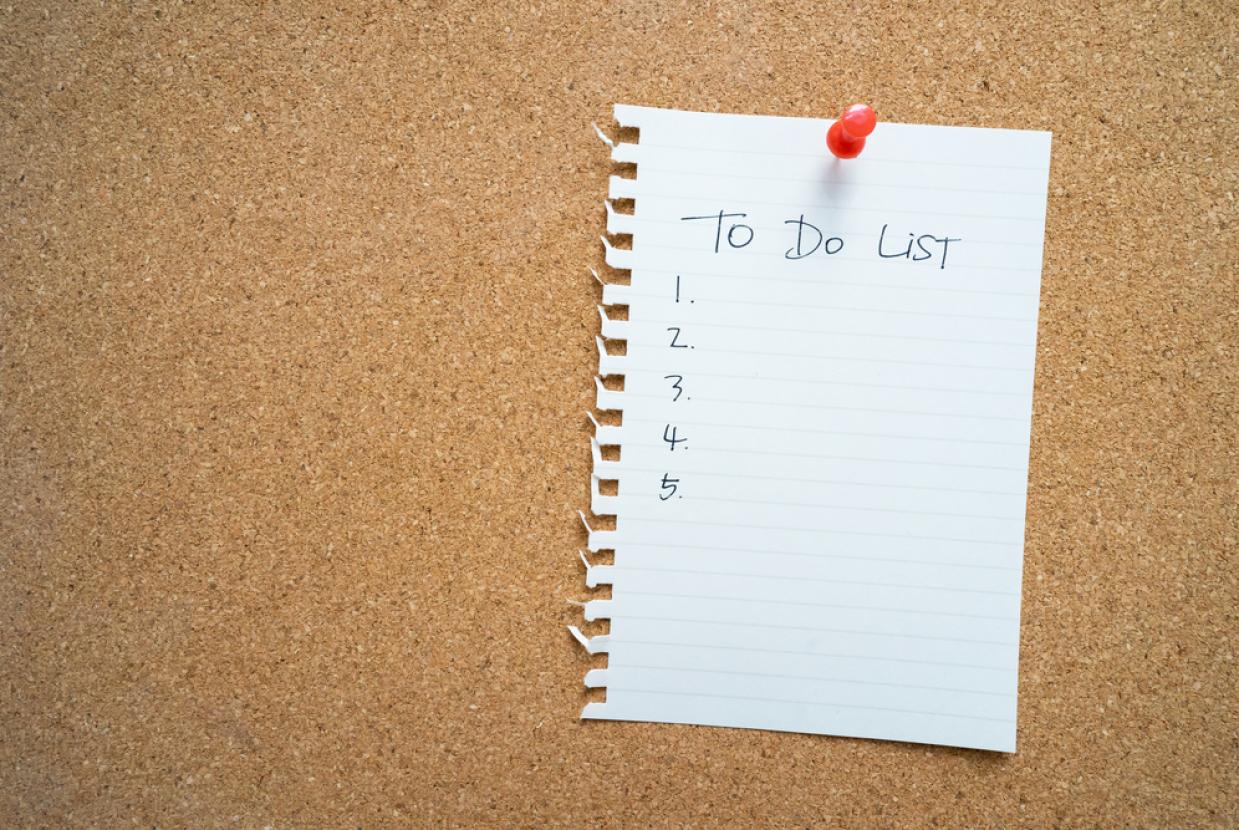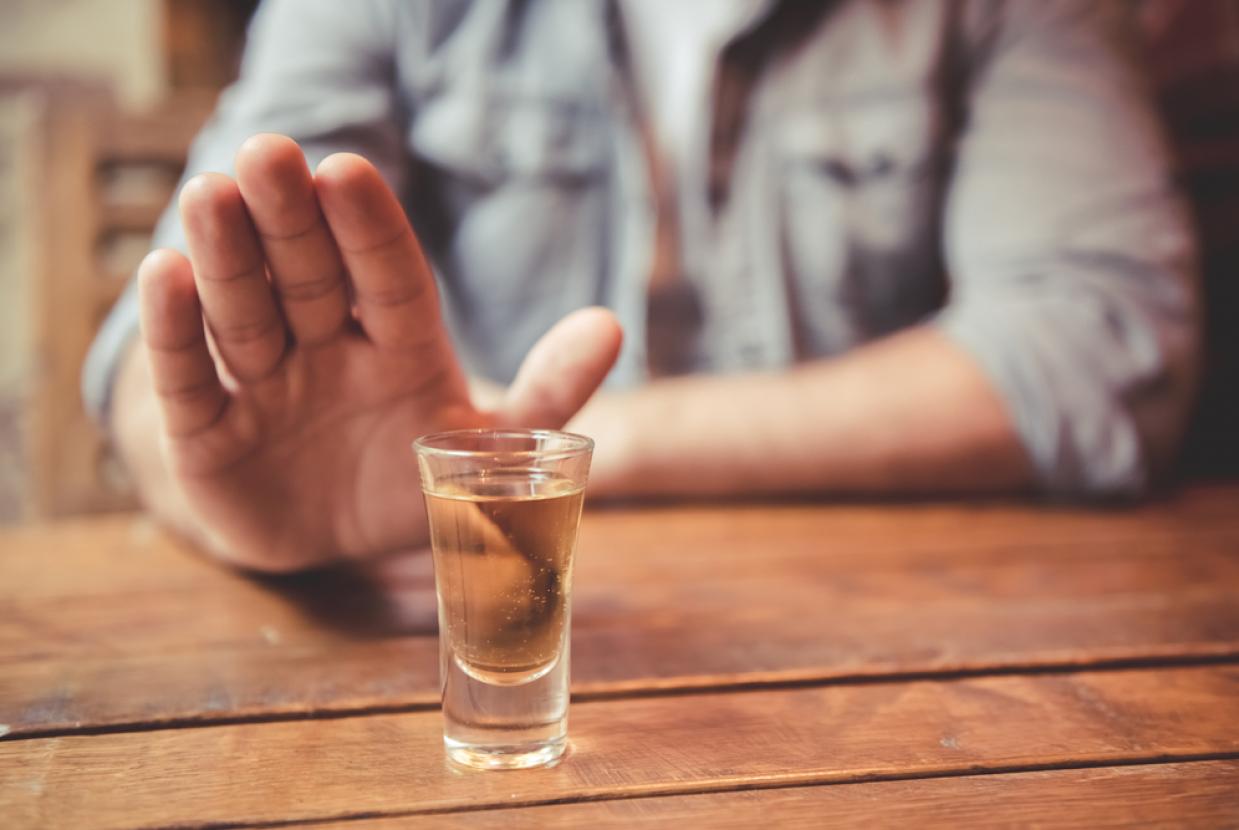How Can Gambling Affect Your Life?
Gambling can affect many areas of your life.
Finances
Are you:
- Spending more than you want on gambling?
- Struggling to find the money for bills?
- Taking out loans to cover gambling debts?
A financial crisis is often what brings a person to address their gambling. It’s also not uncommon for partners, friends or family members to tell us that they did not realise their loved one had a gambling problem until there were serious financial consequences such as a court summons for non-payment of debt, or repossession action on their home.
Financial problems can really mount up, and more quickly than you realise. Bills don’t get paid, credit cards are maxed out, debts accumulate – pay day loans look like a solution, but high interest rates make the situation worse. Borrowing or stealing from loved ones, businesses or employers also happens when people feel increasingly desperate.
It may feel as though there is no chance of repaying your debts unless you carry on gambling – we hear from many people who feel completely trapped by their financial situation. Continuing to gamble will only make debts bigger – clearing debts gradually will take a while, but in reality it’s the only way to manage the problem.
Many problem gamblers have not let anyone know about how much they owe, and it can be daunting to take the step and tell people you trust, but it’s essential if you are ever going to take control and improve the situation.
Think about contacting a specialist not-for-profit debt advice agency. You can find links to other agencies at Links to other support agencies.
If you’re gambling, unless you get it under control, you’ll find it difficult to get out of debt and stay out of debt in future. So it will also be important to take steps to address your gambling, as well as your debt.
Our Advisers can give you more information and advice to help you take the first step – talk to us now.
Mental health
According to the Royal College of Psychiatrists, problem gamblers are more likely than others to suffer from low self-esteem, develop stress-related disorders, to become anxious, have poor sleep and appetite, to develop a substance misuse problem and to suffer from depression. In this section we explore some of the reasons for this, as well as giving you some advice if this concerns you.
Are you experiencing all or some or all of the following?:
- Extreme emotions or mood swings
- Feeling that gambling is the only thing you enjoy, to the exclusion of other things
- Using gambling as a way to deal with other problems or emotions in your life
- Difficulty sleeping
- Feeling depressed or anxious
- Having suicidal thoughts
If you answered yes to any of these questions, gambling could be a problem. If you’re not sure how your gambling affecting you at this stage, our self assessment may help.
Although a lot of people gamble to escape feelings of depression or other mental health problems, gambling can actually make these conditions worse.
If you gamble a lot yourself, you may have found the ‘high’ of anticipating ‘the big win’ to be very mentally involving and extremely exciting, perhaps better than the feelings you experience taking part in any other activity. You may also have found the devastation of losing to be a massive low, leading to feelings of despair.
This is especially the case when large amounts of money are being staked, increasing the potential for a massive ‘high’, but also makes the ‘low’ feel worse when it comes. Feelings of loss and despair following a gambling spree can lead to greater desires to gamble straight away in order to try and get back on a ‘high’. However, by continuing to gamble, any negative feelings will only get worse.
The impact of these highs and lows on your mental health can be significant. Studies show that brain chemistry and cell structure can be changed by this type of exposure. The system of ‘rewards’ in the brain can be affected: where previously you might have found pleasure in other activities such as food or sex, you may now find that these don’t hold so much appeal.
The good news is that studies have shown that brain chemistry can be rebalanced, and everyday life can start to feel good again. Finding ways to change your relationship with gambling and getting the right support for yourself can begin this process.
Get help
It is important to speak to professionals if you are worried about the impact of gambling on your mental health. Your GP may be the first person you talk to, and they may refer you to specialist services if they feel this will help. If you are not registered with a GP, you can find one local to you at www.nhs.uk
If you are concerned about your gambling, GamCare has a range of help, advice and support services. To discuss this further, talk to our Advisers now.
Problem gambling and suicide
Recent research has shown a strong link between gambling problems and thoughts of suicide – more than double the amount of people affected by gambling problems say that they have considered taking their own life compared to those who are not affected by gambling.
With other addictions, such as drugs or alcohol, there is a limit to how much a person’s body can take before they need medical intervention. Gambling is not like that, and often a downward spiral can continue unchecked for a long time. Especially if large amounts of debt are involved, it can seem as though there is no other option.
If you have self-harmed or had suicidal thoughts or feelings, it is really important to seek professional help as soon as possible. You can speak to your GP or find NHS support, or you may find the following links useful.
Relationships
Having a gambling problem can be very all-consuming, and as well as the effect on the gamblers themselves, it can have a devastating impact on their relationships with other people. Do you recognise any of the following?:
- Arguing more with your partner or family, especially about money
- Being preoccupied with gambling and finding it difficult to focus on other things
- Spending less time with people and more time gambling
- Lying to friends and family about losses
- Stealing money from friends or family to gamble with
These are signs that gambling is becoming a problem. Your friends and family may feel like you don’t care about them any more, if all of your time and attention is taken up with gambling.
The emotional distance and tension this creates can be devastating in the long term. Lying, breaking promises and constantly missing important events can mean your loved ones lose trust in your relationships, and this is very hard to repair. Your loved ones may also start to feel guilty about the situation, especially if they do not realise that you are gambling – they may think that they are doing something to drive you away.
Problem gambling in a family can also have an effect on children – the impact of stress within the family unit and potential loss of relationship with a parent can have lasting consequences.
Isolation
Many gamblers report that they get a sense of ‘community’ from the environment they gamble in – for example the betting shop, or people they talk to online. Problem gamblers can lose interest in maintaining personal relationships, career or hobbies as they are preoccupied with gambling, and they can suffer from social isolation. Regular life sometimes doesn’t hold the same appeal as the gambling ‘high’.
Arguments, strained relationships, failure to meet responsibilities, alienation, separation, divorce, physical or mental abuse can all impact someone with a gambling problem. The gambler may isolate themselves due to guilt or shame, or perhaps because they have borrowed or stolen to fund their gambling. It can begin to feel like there is no way back.
Get help
Once a problem gambler seeks help and enters recovery there can be an opportunity to re-establish relationships. Rebuilding trust can be a difficult task but relationships can heal once a problem gambler enters recovery. Breaking an addiction is a very difficult process. Recovery takes time, hard work and commitment.
If you are concerned about your gambling or that of a loved one, talk to us. We provide support for gamblers as well as friends and family who are affected, and we can help each person in their own right.



